A child’s preschool years serve as a pivotal foundation for their future behaviour. It’s during these formative years that children learn how to interact with others, develop social skills, and begin to make sense of their identity and the world at large.
During this critical period, both parents and educators need to foster a child’s development in ways that will help them understand their place in the world. When done right, this will lead to children who are more well-rounded, better behaved, and ultimately, successful in and outside the classroom setting.
That said, each children’s development journey varies based on a mixture of inherent and external factors. There’s no one-size-fits-all solution when it comes to preschool education and behaviour. Nor is there a guaranteed way to ensure that you won’t encounter any hiccups along the way.
But what you can do is pave the way for your child’s success by creating a positive and stimulating learning environment that will set them up for long-term success. Here are some pointers on how to make the most out of your child’s education and encourage them to make good behaviour choices.
How does education affect a child’s behaviour?
Early education isn’t solely limited to counting our fingers and reciting the alphabet. It encompasses a wide range of activities dedicated to positively supporting a child’s holistic development. This includes everything from how to properly brush their teeth to saying sorry when they get into a fight with their classmates.
In other words, early education is the process of teaching children the skills they need to succeed both academically and socially. It’s about more than just preparing them for school; it’s about helping them develop into well-rounded individuals.
There are several ways in which education affects a child’s behaviour.
Bad behaviour
Early education attempts to rectify bad behaviours that a child may display, such as tantrums, lying, general disobedience, and so on. During this age, preschoolers start to make sense of themselves and start to see how their actions affect the world around them. They start to gain independence and confidence in themselves to do things on their own.
Early education, therefore, helps push them in the right direction and guide their behaviour towards more positive outcomes. Through educational activities and exercises, children learn how to better control their emotions and impulses. They learn how to resolve conflicts without resorting to violence or outbursts.
The point of early education is not to subdue the child’s emotions, but to teach them that there are consequences and more suitable healthy avenues to express them.
Social skills
In addition to behavioural improvements, education also helps children develop crucial social skills. This not only influences how they interact with their peers but also how they will interact with people in general throughout their lives.
One development that may arise during this crucial period is the formation of friendships. Kids will start to find other children with similar interests and personalities. Having friendships will boost their self-identity and esteem, which consequently helps them develop empathy for others.
Furthermore, early education will also teach children how to be polite and show manners. They will learn how to take turns, share their belongings, say please and thank you, and so on. Cooperation, competition, and teamwork are other important social skills that children will develop during this time, developing their understanding of social dynamics at the right time and place.
How to foster good behaviour in kids
We all want what’s best for our children. We want them to be happy, healthy, and successful in all aspects of their lives, for their sake and for those around them.
That said, reasoning with a preschool-aged child isn’t exactly the same as reasoning with an adult. That’s why there are institutions solely dedicated to encouraging the development of children in their early years. Click here to view one such early learning childhood centre.
To help promote good behaviour in kids, try the following tips to encourage good behaviour at home:
1) Explain the rules and consequences in simple terms
You shouldn’t expect your child to know or understand all the rules of life. When it comes to early education and behaviour, be sure to explain the rules and consequences in simple and age-appropriate terms. For example, when your child grabs a toy from another child’s hand, don’t simply grab your child’s toy and tell them to share. You can say something like, “It’s not nice to grab toys from other kids. If you do that, they might not want to play with you.” This way, you’ll be teaching your child the importance of sharing while also helping them understand how their actions have consequences.
If they break these rules, don’t be harsh on them either. It’s in the nature of pre-schoolers to forget things or make mistakes. When they do, gently remind them of the rules and positively redirect their behaviour.
2) Use positive reinforcement
Whenever your child follows the rules or does something good, be sure to praise them and give them positive reinforcement. This will help encourage them to continue doing the action. It also positively affects their self-esteem and helps them develop the confidence to be able to do things on their own.
3) Be a role model
Children often mirror the behaviour of the people around them, especially their parents. So, if you want your child to be well-behaved, take the initiative to be a role model for them.
For example, if you find that you’re wrong, admit it to your child. If you lose your temper, apologise and explain to them how you could have handled the situation better. By doing this, you’ll not only be setting a good example for your child, but you’ll also be teaching them the importance of taking responsibility for their actions.
This article was written by Lucy Mitchell, Content Manager for Current.com.au | The Home of Australian Product Reviews, with editing by Kidspot NZ.
The appearance of external hyperlinks does not constitute endorsement by Kidspot NZ of the website, information, products or services contained therein. All views are those of the author.
See more:

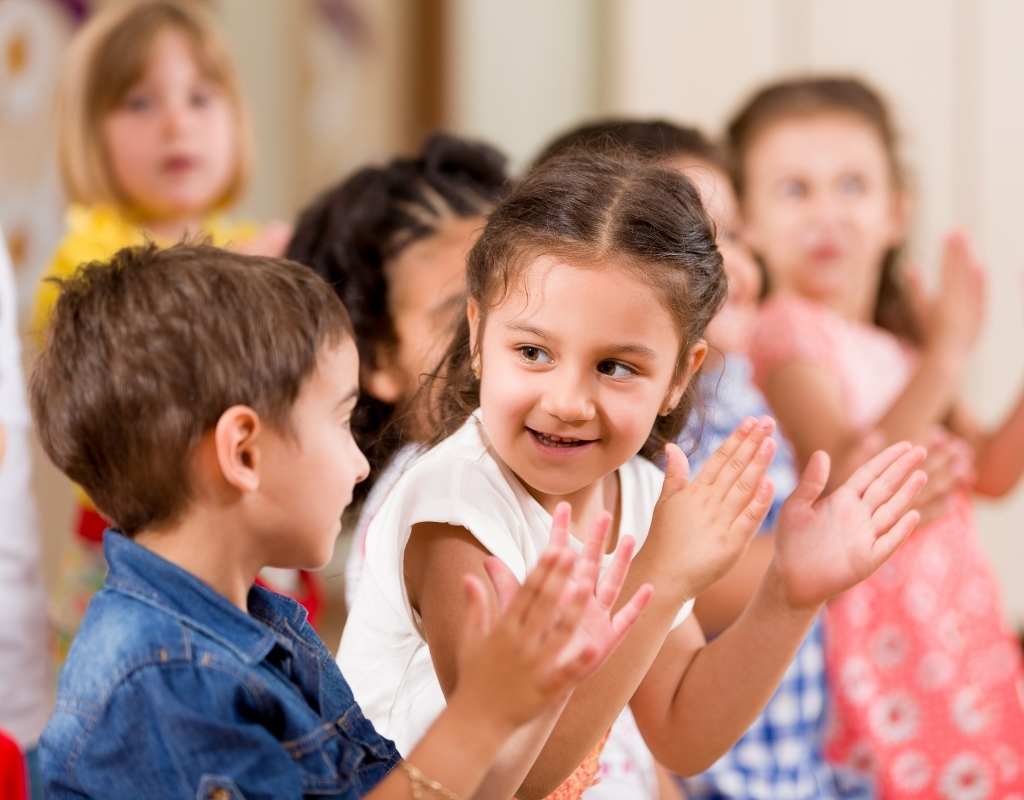
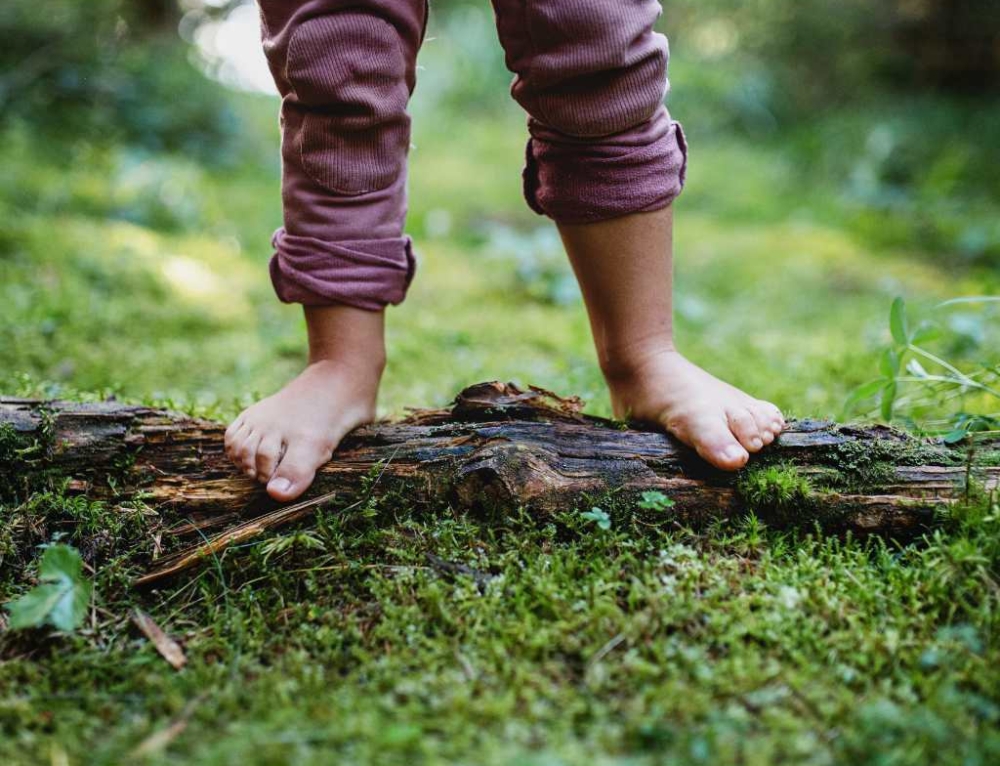
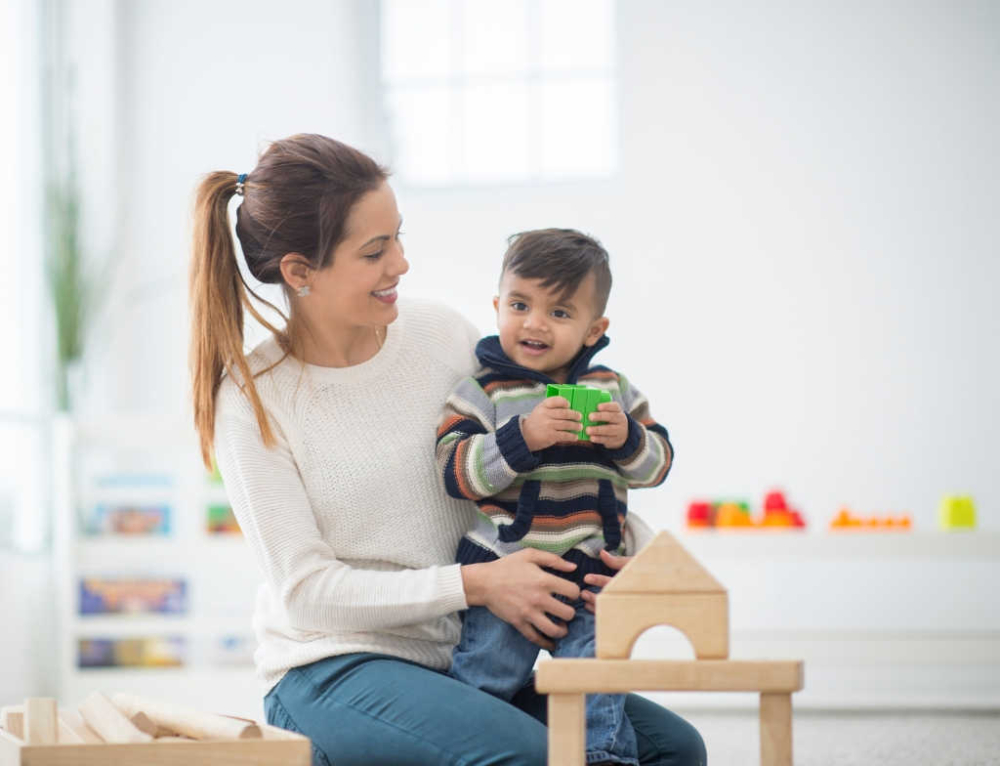

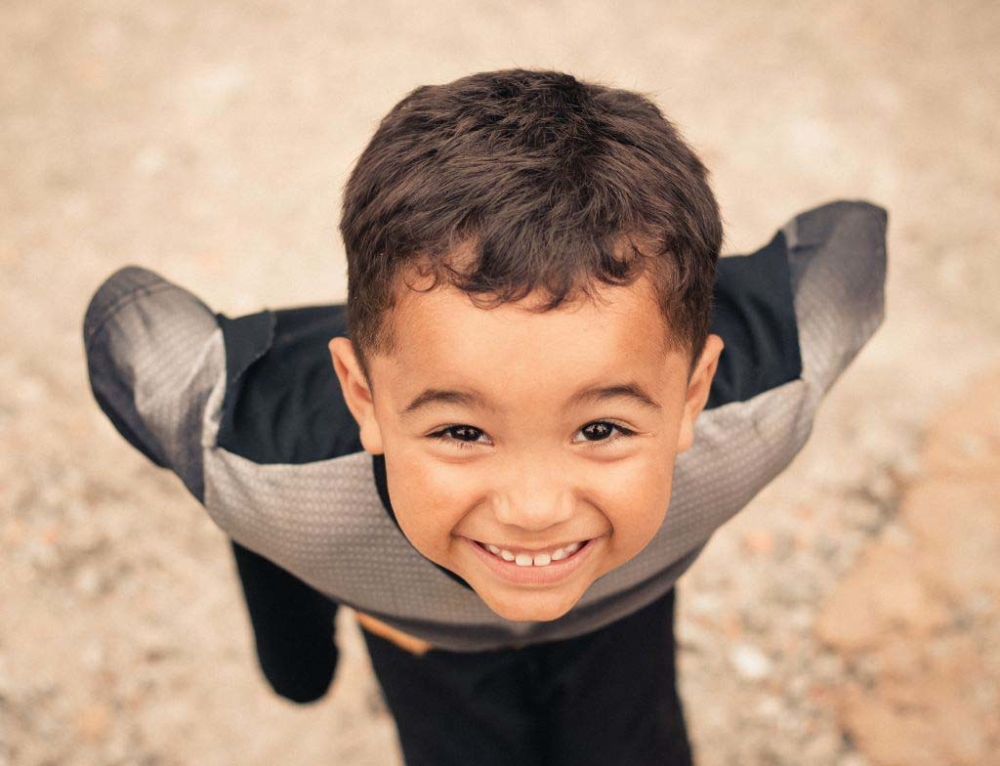
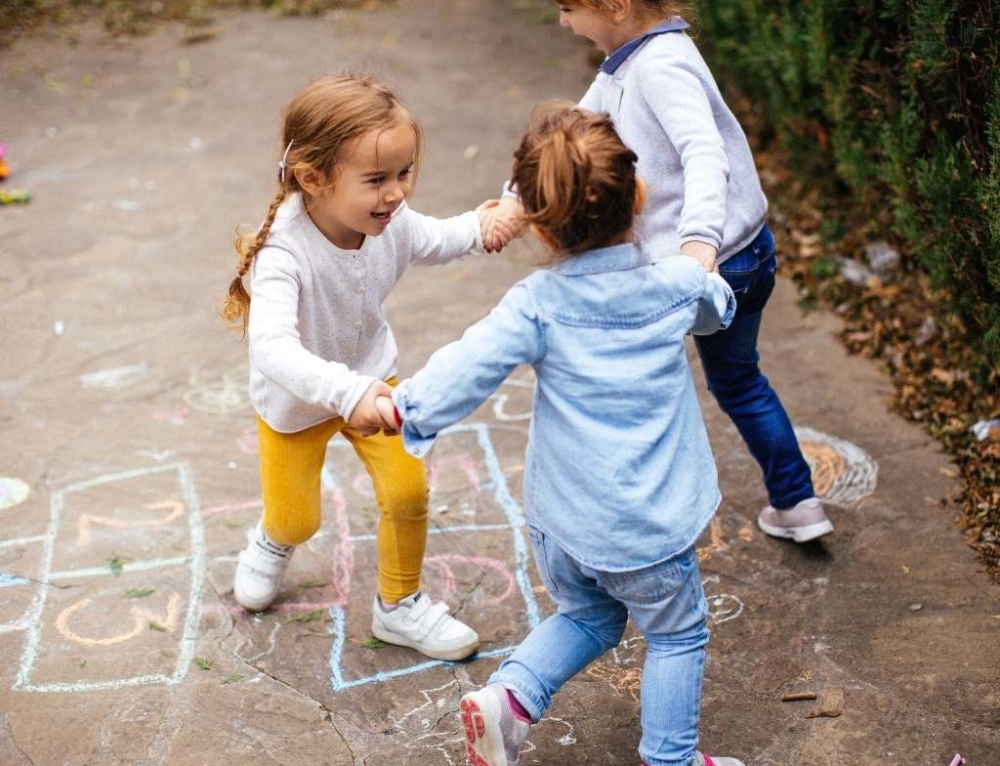
Leave A Comment
You must be logged in to post a comment.